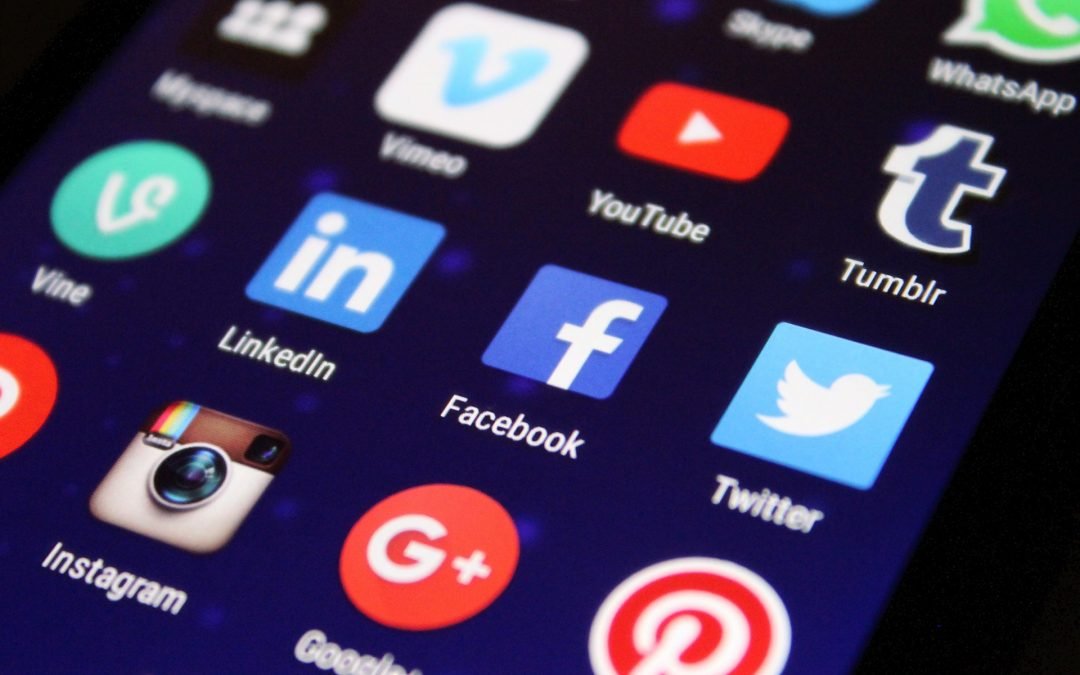Social media has been one of the world’s most amazing advancements in communication and social integration. In over two decades, social media has evolved to create an experience for users that allows them to stay in touch and share special moments on a unique platform. However, social media has developed a dangerous side, particularly in terms of users’ mental health.
I’ve often marvelled at how far we’ve come with technology, but at the same time, I’ve witnessed the toll that some social media apps can take on a person’s wellbeing. An increase in depression, anxiety, and body image issues has been attributed to prolonged or excessive social media use, including apps such as Instagram and Snapchat. But what are the exact risks that social media can pose to your mental health? And what can we do to give social media a more positive purpose?
A warped perception
With the popularization of the “selfie,” some social media users can become enchanted by the idea of perfection. This has led to the development of several social media tools, such as filters, that enhance the overall appearance of a photo and decrease any perceivable “flaws” (e.g. blemishes, wrinkles, etc.) This creates a warped perception of a person’s self-image, leaving some people feeling out of touch with their own appearance, or with their life overall.
In extreme cases, some social media users have had their faces surgically altered to create the exact look that they can only achieve through filters and other photo editing tools.
The rise of photo editing
The use of photo editing has occasionally been deemed controversial, especially in recent years. With many celebrities calling out publications for digitally retouching photos, there has been concern that many of these tools can further distort self-image, which may have a direct impact on mental health.
Social media apps have now integrated several user-friendly photo-editing tools, including Facetune, Snapseed, and Adobe Photoshop Express. These tools allow you to not just enhance your photos: they allow you to change facial features, skin texture and tone, and even skin colour.
Perception, reality, and addiction
Aside from issues relating to body image and physical appearance, social media can be highly addictive. You may find yourself frequently checking Instagram, Snapchat, or Facebook to see what other users are up to, but constant use or comparison can lead to a decreased sense of wellbeing.
Although some users may seem to have the perfect life on social media, the reality is often significantly different from what is portrayed online. The resulting comparisons, both from the user posting and from the users viewing the posts, can manifest in stress, anxiety, and obsession. The need to keep up appearances and comparisons may make some users ignore triggers, such as jealousy or shame, that inspire the necessary steps towards self-healing.
The good news
We don’t always need to focus on the negative. Social media has facilitated a lot of positive changes in the way we stay in touch with our loved ones, communicate our unique ideas, and even market our personal brands. It helps us connect with people that we may not have had the opportunity to meet in the “real world”, and provides a wealth of information that can be shared with the touch of a button. If used for positive means, social media can enhance your life and expand your horizons.
For the most part (unless your job requires social media usage), it’s important to moderate your engagement. Limit the time that you spend per day on social apps, and work towards creating a positive attitude towards your own self-image. Remember that a lot of what’s happening in another person’s life is not necessarily posted on social. Working to maintain your own wellbeing, instead comparing yourself to others, will transform social media into a method of sharing your life in a more meaningful way.
Though it comes with its challenges, social media can be an incredibly powerful and positive tool. If you require guidance on how to better monitor your mental health and wellbeing while working with social media, don’t hesitate to contact your Student Assistance Program.

